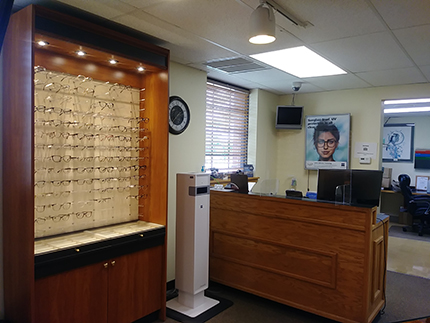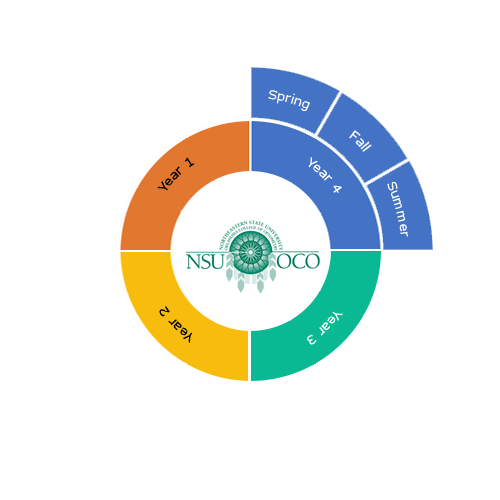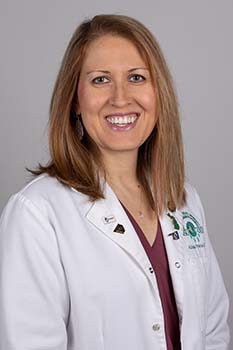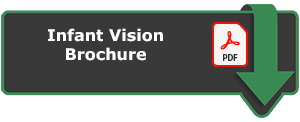Infant Vision Clinic
The Infant Vision Clinic at NSUOCO provides full-scope, comprehensive optometric examination and associated care, including therapy, treatment, counseling, and appropriate management for pediatric patients (ages 1 day to approximately age 6) with eye and/or visual system problems and concerns.
Infant Vision and Examination
When a baby is born they may take a few minutes to open their eyes. Once their eyes are open, they start to learn how to use their eyes and what they are seeing.
It is through the visual and motor system that a major part of learning occurs in the early years of life. With vision problems this learning is hindered and a child could have difficulties developing.
One out of twenty pre-school children have vision problems that require glasses to help with their near or farsightedness. More than half of these children are not getting the care they need and have poor vision.
Your eye doctor has various methods of determining the quality of a baby’s vision and their prescription. They can also examine the eye health accurately with the instruments they have.

Students from year IV of the clinical curriculum are eligible for assignment into the infant vision clinic.

What Should a Parent Look For?
The following are some red flags that you should look for:
- Eye turn (in or out)
- Eye redness
- Excessive tearing of the eyes
- A white pupil
- The child not looking at or following colorful objects or faces of parents
When Should Your Child be Seen?
The first eye examination should be done at 6 to 9 months of age then every 1 to 2 years based on the exam findings. Your child should be seen by an eye care professional before they start school. Your doctor may want to see your child more frequently if they need glasses or have eye problems.
Find our doctors on:
|
|
Meet the Clinic Chief:

Alissa Proctor, O.D.
Professor
proctor1@nsuok.edu
918-444-4020
Profile

